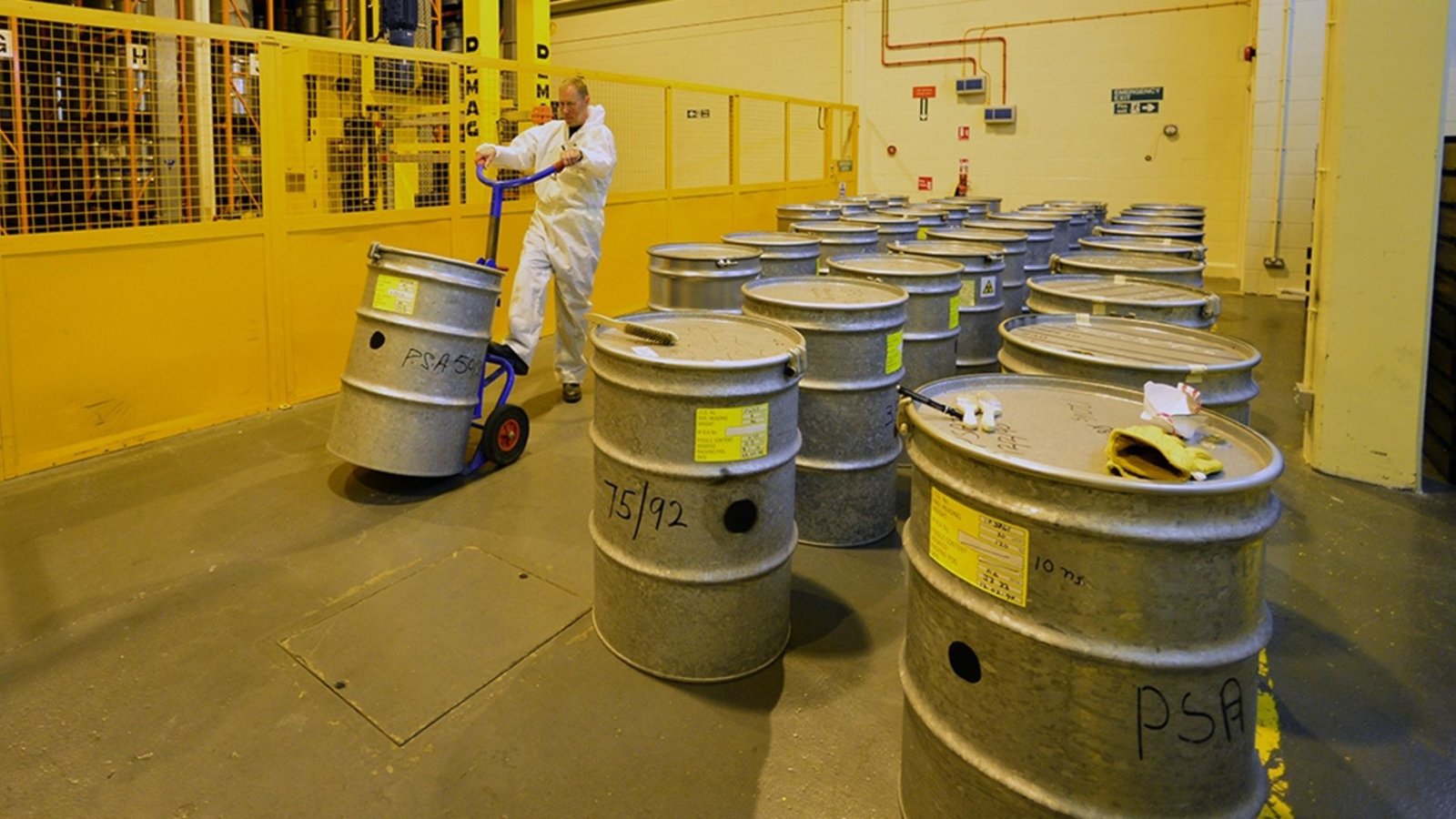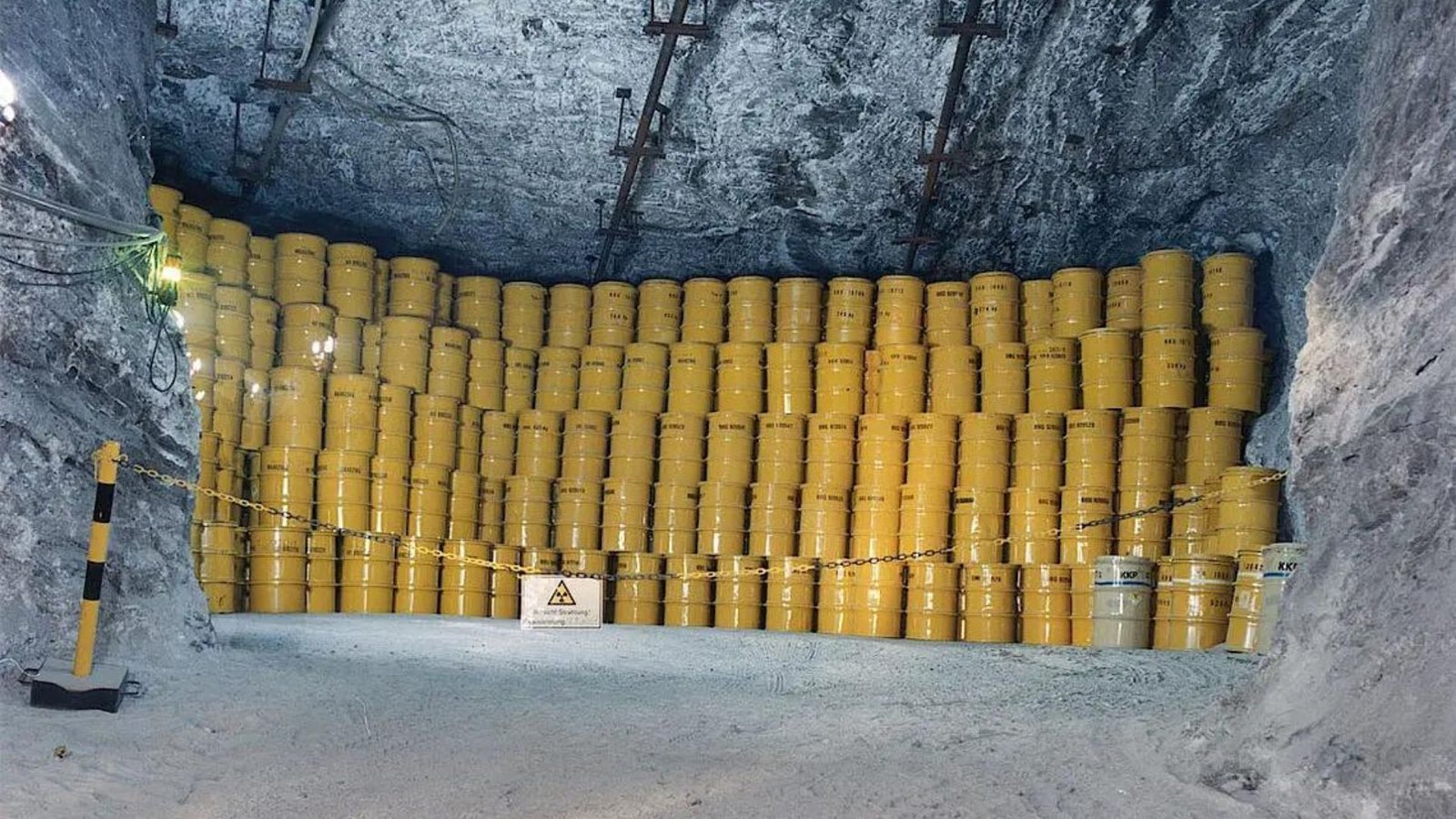Ensuring radioactive waste storage compliance is vital for public safety and environmental protection. The management of radioactive materials requires strict adherence to regulations to minimize risks. In this article, we’ll share essential tips to help you maintain compliance in radioactive waste storage, ensuring safety and environmental stewardship.
Understanding Radioactive Waste
Before we get into compliance tips, it’s crucial to understand what radioactive waste is. This waste arises from various sources, including medical facilities, nuclear power plants, and research institutions. It can remain hazardous for thousands of years, making proper storage and management critical. Therefore, ensuring radioactive waste storage compliance is not just a regulatory requirement but also a responsibility to safeguard health and the environment.

1. Know the Regulations
The first step in ensuring radioactive waste storage compliance is understanding the regulations governing radioactive materials in your area. Regulatory bodies, such as the Environmental Protection Agency (EPA) or the Nuclear Regulatory Commission (NRC), set guidelines that must be followed. Familiarize yourself with these rules to ensure that your storage practices align with legal requirements.
2. Develop a Comprehensive Waste Management Plan
Creating a waste management plan is essential for compliance. This plan should outline the procedures for handling, storing, and disposing of radioactive waste. It should include details such as waste categorization, storage methods, and emergency procedures. A well-structured plan helps ensure that all aspects of waste management are addressed, reducing the risk of non-compliance.
3. Conduct Regular Training for Staff
Training is vital for ensuring radioactive waste storage compliance. Regularly educate your staff on safety protocols, regulatory requirements, and waste handling procedures. This training should include information on how to identify different types of radioactive waste and the appropriate storage methods. By keeping your team informed, you can minimize errors and improve overall compliance.
4. Implement Strict Inventory Control
Keeping a detailed inventory of radioactive materials is crucial for compliance. Track all incoming and outgoing waste, ensuring that it is properly categorized and stored. Regularly update your inventory to reflect changes. This practice not only helps with compliance but also enhances safety by preventing the mishandling of materials.
5. Monitor Storage Conditions
Regularly monitoring the conditions of your radioactive waste storage areas is essential. This includes checking for proper temperature, humidity, and ventilation. Ensure that storage containers are intact and properly labeled. By maintaining optimal storage conditions, you can prevent accidents and ensure compliance with safety regulations.
6. Conduct Routine Audits
Performing routine audits of your radioactive waste storage practices can help identify areas needing improvement. These audits should assess compliance with regulations, safety protocols, and waste management plans. Address any issues promptly to maintain compliance and improve your overall waste management process.
7. Establish Clear Labeling Practices
Labeling is an essential aspect of ensuring radioactive waste storage compliance. All containers must have clear and accurate labels indicating the type of waste, its radioactivity level, and any handling precautions. This practice helps prevent accidents and ensures that personnel can easily identify the materials they are working with.
8. Engage with Regulatory Agencies
Maintaining open communication with regulatory agencies is crucial. Reach out for guidance when needed and report any incidents or compliance issues promptly. By building a positive relationship with these agencies, you can stay informed about regulatory changes and best practices for managing radioactive waste.
9. Plan for Emergencies
Develop an emergency response plan for incidents involving radioactive waste. This plan should outline steps to take in case of spills, leaks, or exposure incidents. Conduct regular drills to ensure that all staff members know their roles during emergencies. Being prepared can help minimize risks and maintain compliance.
10. Review and Update Practices Regularly
The final tip for ensuring radioactive waste storage compliance is to regularly review and update your practices. As regulations and technologies evolve, it’s essential to adapt your waste management strategies accordingly. Conduct periodic reviews of your waste management plan, training materials, and storage practices to ensure that they remain compliant and effective.
Conclusion
Ensuring radioactive waste storage compliance is a multi-faceted responsibility that involves understanding regulations, implementing best practices, and maintaining open communication. By following these tips, you can create a safer environment for everyone and ensure that you meet all compliance requirements.




